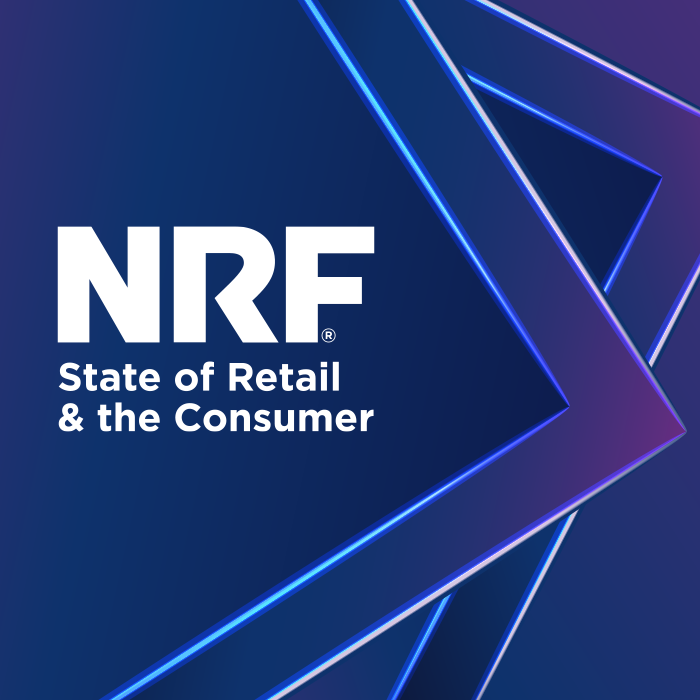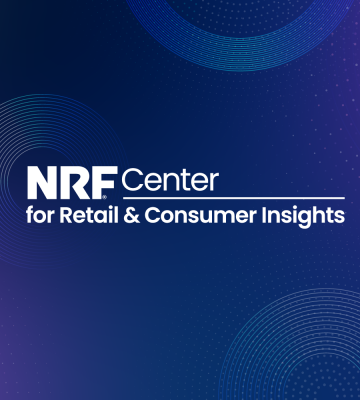Retailers are on the front lines of the fight against opioid overdoses
)
In the face of the ongoing opioid epidemic, retail employers that choose to stock naloxone — a medication that can reverse the effects of an opioid overdose — are demonstrating guidance, compassion and a deep understanding of the communities they serve. Their decision to make naloxone available in stores is a powerful act of leadership to address this ongoing public health crisis.
Retailers are on the front lines of this opioid epidemic, and retail workers are twice as likely as those in other industries to report being negatively impacted by the opioid epidemic.
Retail workers, whether through their own personal experience or through their interactions with customers, often bear the burden of this public health crisis. In fact, more than one-third of retail workers say they are already very familiar with overdose antidotes like naloxone, according to a recent NRF survey.
By equipping their stores with naloxone and training staff to properly administer it, retail employers are acknowledging the reality that overdoses can happen anywhere, and they are choosing to be part of the solution. That commitment empowers employees and other bystanders to intervene in these emergent situations with confidence and compassion. The choice to have this medication on hand fosters a culture of preparedness that benefits everyone who walks through the door.
Consistent with recommendations by the American Medical Association, Congress can and should support these retailers’ efforts by passing new Good Samaritan protection for bystanders who treat overdoses with naloxone.
“Efforts to train employees to respond to overdoses and to keep naloxone on site are warranted to supplement existing naloxone distribution efforts and can help empower business staff to help prevent overdose mortality in their communities.”
The Federal Cardiac Arrest Survival Act, passed by Congress in 2000, already grants such protection for individuals who use or attempt to use automated external defibrillators in emergencies. Congress should extend similar protections to bystanding laypersons who use or attempt to use intranasal naloxone.
“Businesses are underutilized as potential reliable sources of naloxone,” according to a 2022 National Institutes of Health study. “Efforts to train employees to respond to overdoses and to keep naloxone on site are warranted to supplement existing naloxone distribution efforts and can help empower business staff to help prevent overdose mortality in their communities.”
An ever-increasing number of retailers are doing their part in this effort; Congress should do theirs.





